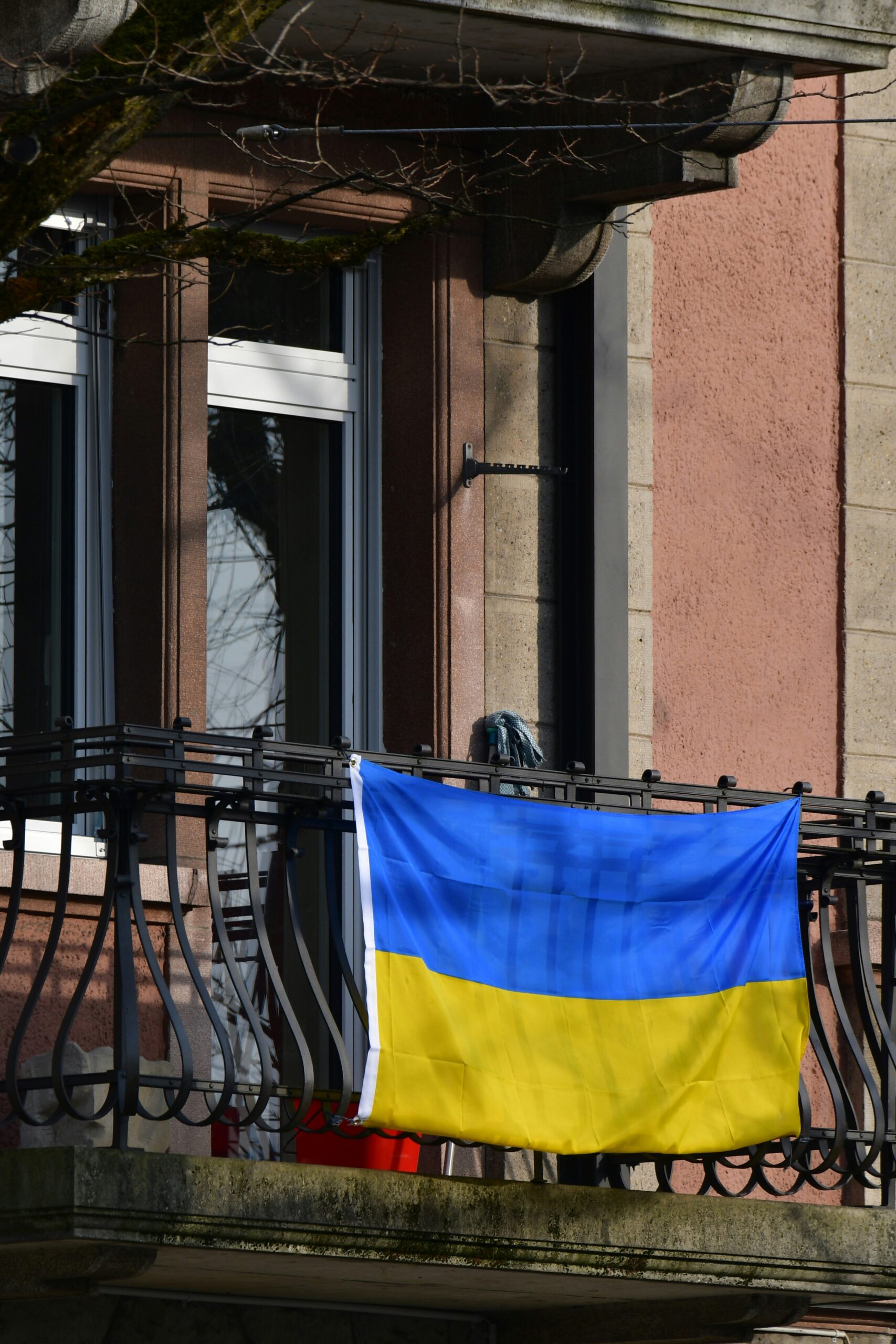
In a significant development, U.S. President Donald Trump, alongside European leaders, has initiated discussions on security guarantees for Ukraine, amidst ongoing conflicts with Russia. This move marks a pivotal moment in Western diplomacy as the leaders navigate the complexities of international security and alliances.
Key Facts
- President Trump has explicitly ruled out NATO membership for Ukraine but proposes a robust U.S. and European role in safeguarding the nation.
- The discussions were prompted by a need to reassess Ukraine’s security strategy following a series of contentious meetings and military escalations.
- European leaders, including prominent figures from the UK, Germany, France, and Italy, have shown solidarity with Ukraine, pushing for a collective defense arrangement.
Background
The dialogue on Ukraine’s security guarantees comes after a controversial meeting between Trump and Ukrainian President Volodymyr Zelenskyy, where the latter faced criticism. Subsequent to this, Trump hosted Russian President Vladimir Putin, underscoring a complex diplomatic engagement with key global players. The ongoing war in Ukraine, initiated by Russia in February 2022, has escalated to a critical international issue, prompting global leaders to reconsider security dynamics in Eastern Europe.
Timeline/What We Know
During the recent talks at the White House, President Trump suggested that while the U.S. would not deploy ground troops, it would support European-led security initiatives. This includes potential involvement of European ground forces in Ukraine as part of the security guarantees, a strategy aimed at deterring further Russian aggression without escalating direct military involvement by the U.S.
Trump’s comments at the summit emphasized a strategic pivot, where European nations are envisaged as the ‘first line of defense.’ This approach suggests a significant shift in the NATO strategy, focusing more on regional security contributions rather than extended U.S. militaristic involvement.
Official Reactions
European leaders present at the talks expressed a unified stance on Ukraine’s defense, stressing the importance of a collective response to Russian aggression. Notably, leaders like French President Emmanuel Macron and German Chancellor Friedrich Merz highlighted the urgency of formulating effective security measures that respect Ukraine’s sovereignty and territorial integrity.
Additionally, President Zelenskyy’s response to the summit was cautiously optimistic. He acknowledged the ‘important signal’ from the U.S. regarding its readiness to support Ukraine, though specifics of the security guarantees remain under discussion.
What’s Next
The specifics of the security guarantees are expected to be formalized in the coming weeks, with ongoing discussions among national security advisors and key stakeholders. This development is crucial as it will outline the extent and nature of Western involvement in Ukraine’s security amidst the continuing threat from Russia.
Moreover, the outcome of these discussions could redefine Eastern European security policies and potentially pave the way for a new phase in U.S.-European relations concerning defense and strategic partnerships.


